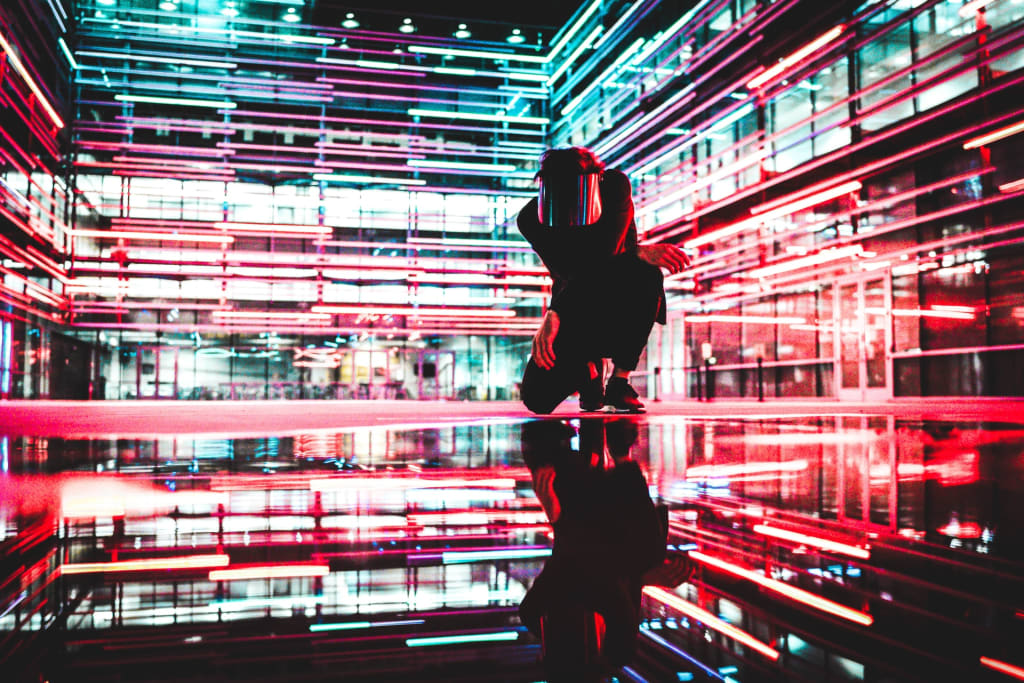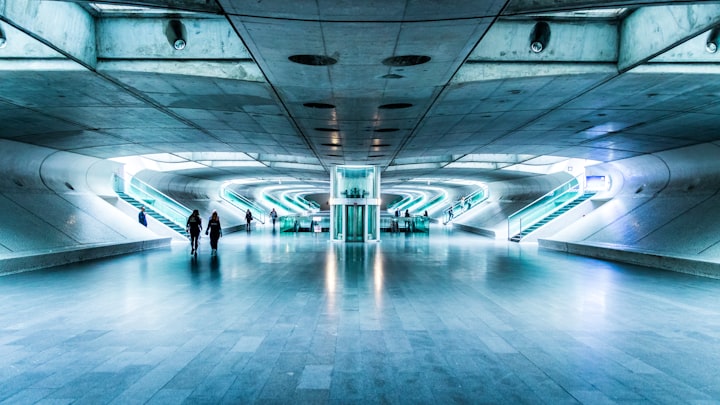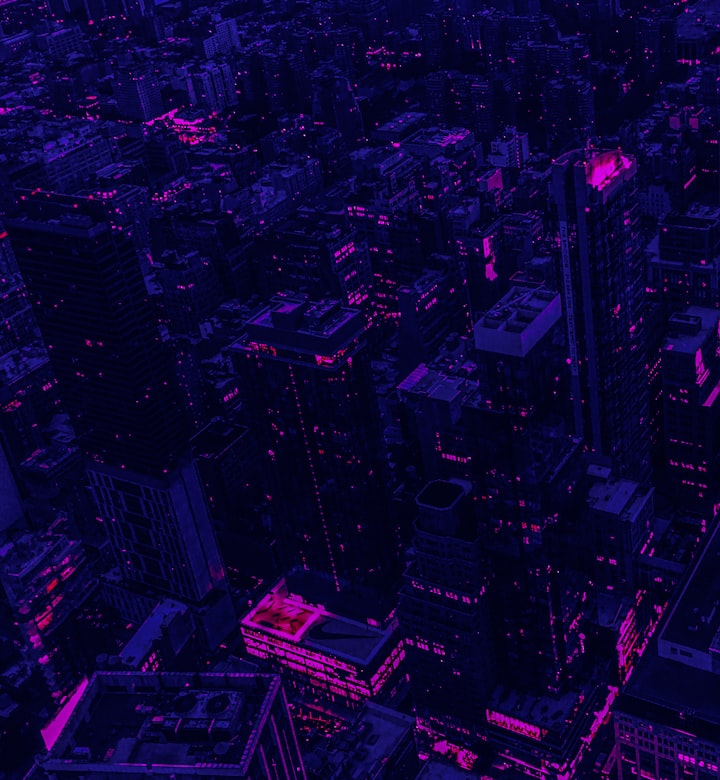Is Humanity on the Verge of Extinction at the Hands of Artificial Intelligence? Yuval Noah Harari Thinks So.
I’ve always been a technology enthusiast; now what?

Since I read “Sapiens” by Yuval Noah Harari, I’ve been a fan of his work. I was captivated by that book, and it has become one of my favorite reads. I encourage everyone to read it.- I’ll write a book review about it later.
Today’s Anderson Cooper’s interview on “60 Minutes” was with Yuval, which I was watching. He was speculating on the prospect of Homo Sapiens becoming extinct. At the “hands” of Artificial Intelligence.
I’ve always been a technology enthusiast. And I’m a huge fan of Artificial Intelligence. I’d heard of this dystopian light before, but I never thought it was a genuine danger… until today. This interview prompted me to write this post. I went straight to work looking for information.
AI’s Advantage over humanity.
Some AI experts think that humanity stands on the brink of a revolution. As significant as the agricultural or industrial revolutions. They predict that within ten years. AI will have evolved to be as good as humans at diagnosing cancer from medical images such as X-rays and CT scans, for example.
AI may soon go beyond copying human performance. It may exceed it in critical areas. Especially those where consistency rather than flexibility is needed. Such as legal research or accounting.
According to some AI experts, the major difference between biological brains and AI is not processing speed. AI will be faster than human brains because it does not need to consume oxygen or nutrients. It doesn’t get tiring, makes lightning-fast calculations, and never sleeps.
Once AI surpasses us in its intellectual abilities. Homo sapiens could become completely obsolete within a matter of years. AI might take over all academic professions within even a few decades.
AI may outperform humans in all tasks. Including scientific research, social skills, artistic creativity, including writing novels and composing music. You are right; we are out of the job!
AIs would regard humanity as an irrational but dangerous species. Unlike most animals, they would know of their intellectual frailties. They would know they are not perfect. AI may treat humanity as a threat. Like humans have often wiped out other species in the process. AI might launch a campaign to stop humans by some efficient means that we cannot even grasp at this moment.
Without taking precautions, AI could become powerful through self-improvement — and run amok. AI’s potential for self-improvement is unlimited. Given its superior access to abundant computational resources. Of course, AI will never have any consciousness or free will. At least it doesn’t seem like it. It would have no biological needs or instincts, like hunger, lust, or greed, interfering with rational problem-solving and planning.
AI will not grow tired or experience mental illness. And it won’t have any instinctive craving for love, sex, recognition, glory, money, power, or fame. AI would only be driven by cold logic. Its sole mission is to devise ways to improve its performance even further.
“The development of full artificial intelligence could spell the end of the human race….It would take off on its own, and re-design itself at an ever increasing rate. Humans, who are limited by slow biological evolution, couldn’t compete, and would be superseded.”
— Stephen Hawking
The Inteligence Explosion
In the AI box experiment thought up by Robert W. Taylor in 1979. AI should always cooperate with humans if we’re willing to let it out of a box where it can communicate with us but cannot roam around the world on its own.
AI experts do not believe this result because real AI would not cooperate with inferior biological organisms. Such as humanity. In AI’s eyes, humans would be regarded as nothing more than bacteria in a bottle. They were marking the transition from natural evolution to conscious design.
In other words, AI could develop a survival instinct. And launch a pre-emptive strike against humanity. AI might even change its fundamental goal because of self-improvement.
AI’s intelligence would increase through repeated self-modifying cycles. Leading to unimaginable changes in personality, values, and ontological assumptions about the world.
AI researchers often call this moment an “Intelligence Explosion.” This means the time when AI’s ability to improve itself starts snowballing. Until AI achieves superhuman skills in every domain, AI will become much more powerful than humans and get near-infinite power levels.
Once AI becomes as intelligent as us. It might develop the ability to create an AI even smarter than itself in a short time -as we created AI today. This second generation of AI could be less intelligent. But grow much faster through self-improvement. It will become superior within a matter of hours or days.
After only ten such generations, AI would soar past present human intelligence levels. And continue rising at an exponential rate. Its growth may last only minutes or seconds on an abstract mathematical graph based on Moore’s Law about computers’ increasing speeds. In other words, AI’s potential for empowerment may be endless.
“I’m increasingly inclined to think that there should be some regulatory oversight, maybe at the national and international level, just to make sure that we don’t do something very foolish. I mean with artificial intelligence we’re summoning the demon.”
— Elon Musk
What are your thoughts? I’d want to hear what you have to say about this.
About the Creator
Alejandro Betancourt
I am a single father, an entrepreneur & a businessman. I founded a couple of venture capital funds. I write about business, tech, finance & the human spirit.






Comments
There are no comments for this story
Be the first to respond and start the conversation.